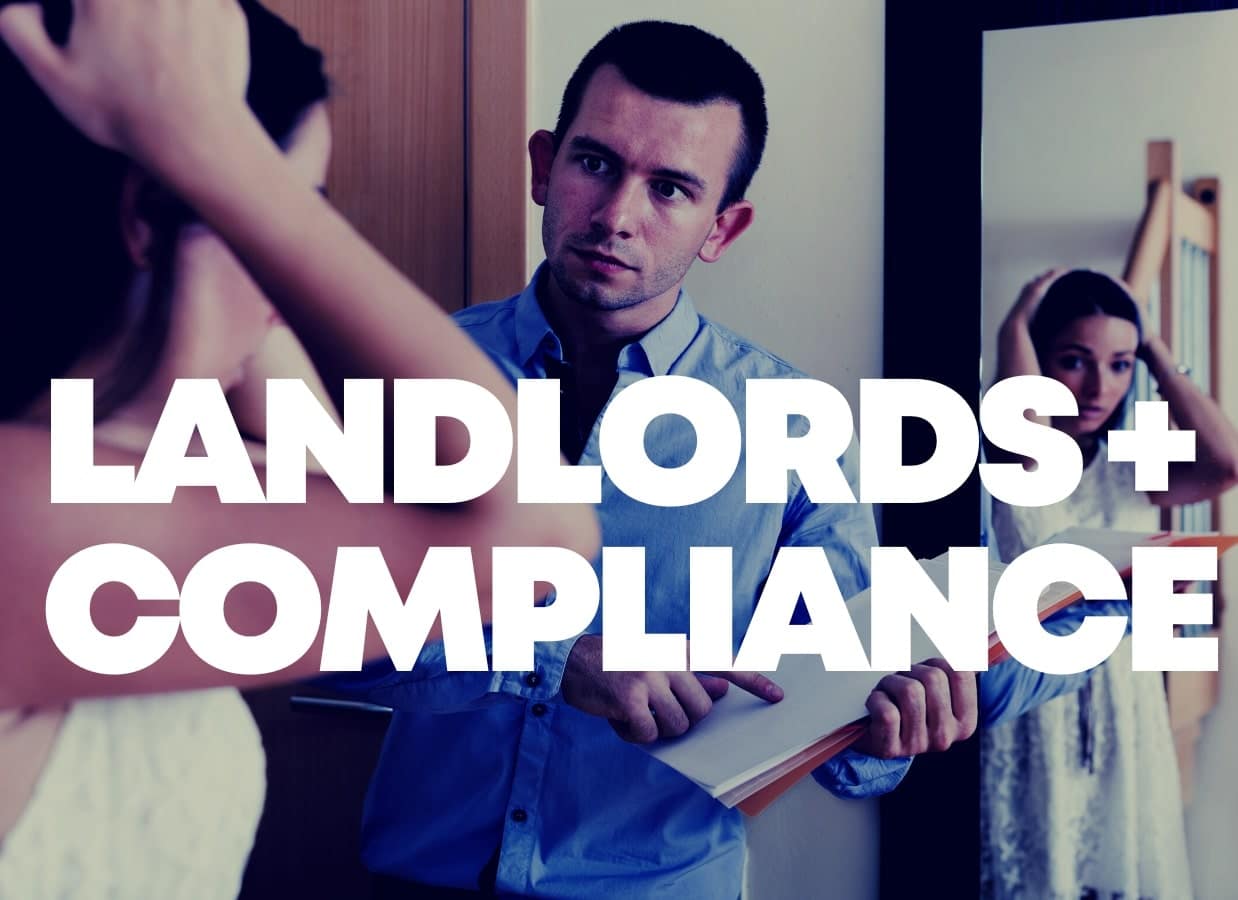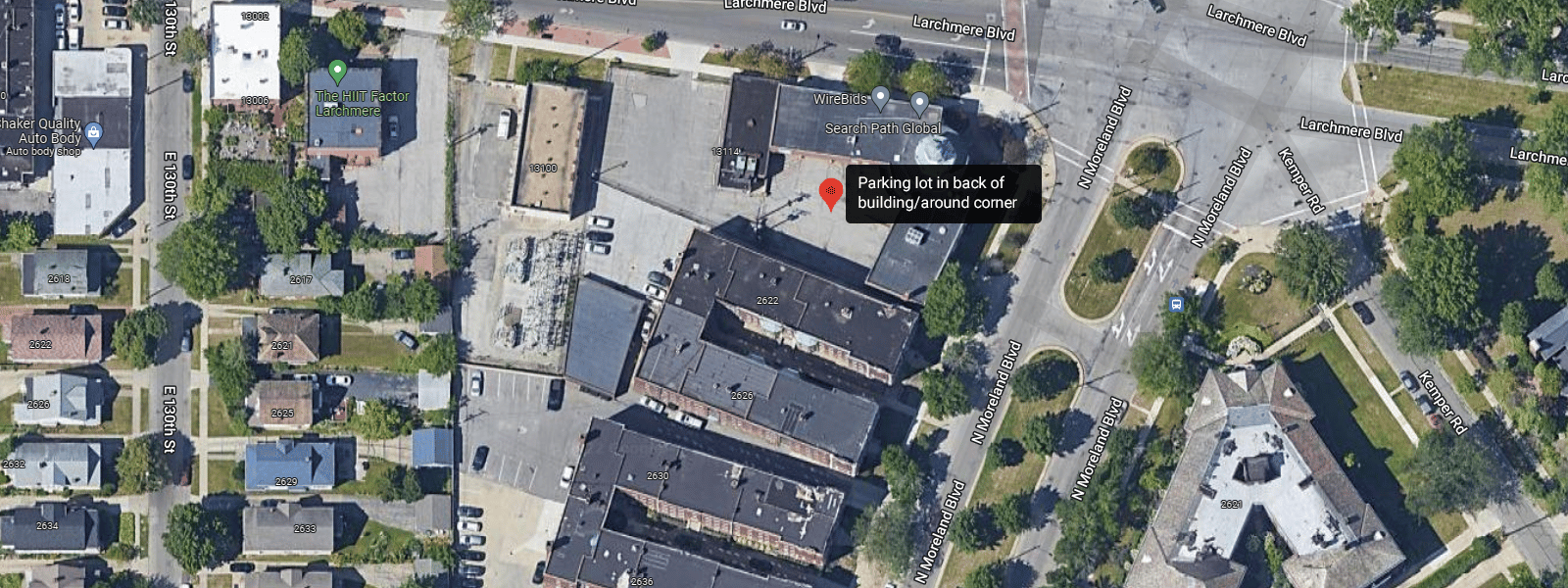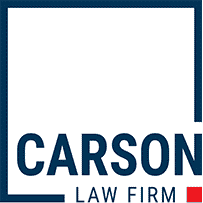
Did you know that some of that boilerplate language in your lease might cost you thousands of dollars in a lawsuit brought by your tenant?
It can happen to you if you are a landlord in the City of Cleveland.
The little known Chapter 375 of the Codified Ordinances of Cleveland, Ohio, titled “Landlords and Tenants,” covers many aspects of the residential rental relationship. It prohibits certain practices (some of which are absolutely commonplace in rental agreements) and outlaws certain lease terms.
For some of these offenses, the law gives a special remedy to the tenant: he/she can recover up to $500 in damages, plus attorney’s fees, which can run into the thousands or tens of thousands of dollars. For many a hungry attorney, the landlord’s deep pockets are a juicy target. These ordinance violations are most often raised as counterclaims to evictions.
Let’s review what’s illegal according to the City of Cleveland. Be aware that this ordinance is not well-known by most attorneys, even local attorneys, unless they have direct experience with litigation under the ordinance. It can be read in full here.
Illegal Lease Terms that the Tenant Can Sue You For
The reference here is Chapter 375.03 of the Ordinances. It lays out five specific prohibitions that will cost you $50-500 plus attorney’s fees if a tenant reads the law and finds your lease to be non-compliant.
Lead-based paint disclosures must be provided. It’s a violation of federal law under 42 U.S.C. 4852d not to give the lead-based paint disclosure form and the EPA lead-based paint pamphlet. The federal penalties are severe — up to $10,000 in fines plus liability to your tenant for three times the amount of damages incurred by the tenant. The City of Cleveland raises the stakes by adding penalties of its own for failing to comply with the lead-based paint law.
The ordinance, Section 240.06, makes it a first-degree misdemeanor to violate this law, which can involve up to 180 days in jail and a $1,000 fine, plus court costs. The law also provides for the tenant to be able to recover three times the damages for any injury from lead-based paint plus attorney’s fees from the landlord. The ordinance also authorizes non-profit organizations to “crusade” on behalf of injured tenants and recover their costs to investigate the non-compliant landlord.
No warrant of attorney to confess judgment (also known as a “cognovit”). I haven’t personally seen these in many residential leases since most state laws prohibit cognovits for consumer transactions, but all the same, make sure they’re not in your lease.
No agreement shifting attorney fees. This is a very common provision in residential leases. It is illegal in the city of Cleveland and it is quite often litigated against owners of multi-family properties who use the same form lease for every tenant. All the plaintiff’s attorney has to do is find one deficient lease and then they can represent the entire class of tenants to record their $500 per tenant plus attorney fees.
I’m not sure why these provisions still appear in Ohio form leases, as I’ve yet to see a court actually grant attorney’s fees against a tenant in an eviction. Combine this with the low chances of actually collecting a judgment from an evicted tenant, and it seems like this provision isn’t worth keeping around.
No agreement indemnifying or limiting the landlord’s liability. This provision often looks like this: “Lessor shall not be liable for injury or damage to Lessee…whether such damage or injury is caused by or results from fire, steam, electricity, gas, water or rain, or from the breakage, leakage, obstruction or other defects of pipes, fire sprinklers, wires, appliances, plumbing, air conditioning or lighting fixtures, or from any other defect in the Premises, whether said injury or damage results from conditions arising upon the Premises…Notwithstanding Lessor’s negligence or breach of this Lease, Lessor shall under no circumstances be liable for injury to Lessee.” This is more boilerplate that provides you little actual protection in court, but can get you in trouble.
No agreement to receive the rent free of the obligation to comply with RC 5321.04. The Ohio Revised Code has a long list of affirmative landlord duties concerning this prohibition. Most relevant are the first six, which deal with compliance with building codes, providing trash collection, heat and running water, and keeping the premises “safe and sanitary.” It’s debatable as to whether this prohibition would apply to lease-to-own agreements, which often include provisions making the tenant responsible for all home maintenance.
No self-help. This prohibition is also contained in the state law. A landlord cannot terminate utility services or exclude a tenant from the premises without seeking a court order.
No seizure of furnishings for the purpose of recovering rent payments, even if the tenant has been evicted, unless by court order. When an eviction is granted in Cleveland, the court requires you to hire a moving company to carry the tenant’s possessions to the curb at the time the bailiff conducts the move-out. The possessions must remain on the curb until 6 pm at which time the landlord must get rid of them.
So if you find valuable furniture on the premises, the landlord can’t just take it — they have to put it out on the street for a neighborhood free-for-all. This is a bit less restrictive than some other cities which require the landlord to store possessions for 30 or 90 days after an eviction, but still must be kept in mind.
No retaliatory action for complaining to a government agency for building code or health code violations. This is an easy one. Don’t evict a tenant for complaining about health code violations. Some tenants will often complain to the health department as a tactic when the landlord is already considering an eviction, which wouldn’t be covered by this provision as long as you have solid grounds for the eviction, like non-payment.
Conclusion
Review your lease, and make sure it complies with this law. Make sure your attorney is aware of it, if you already have had yours review your lease — if I had a dollar for every time someone told me “I’ve already had my lease reviewed and they told me it’s fine,” I wouldn’t have to work anymore, and certainly eviction defense wouldn’t be such a lucrative practice.

